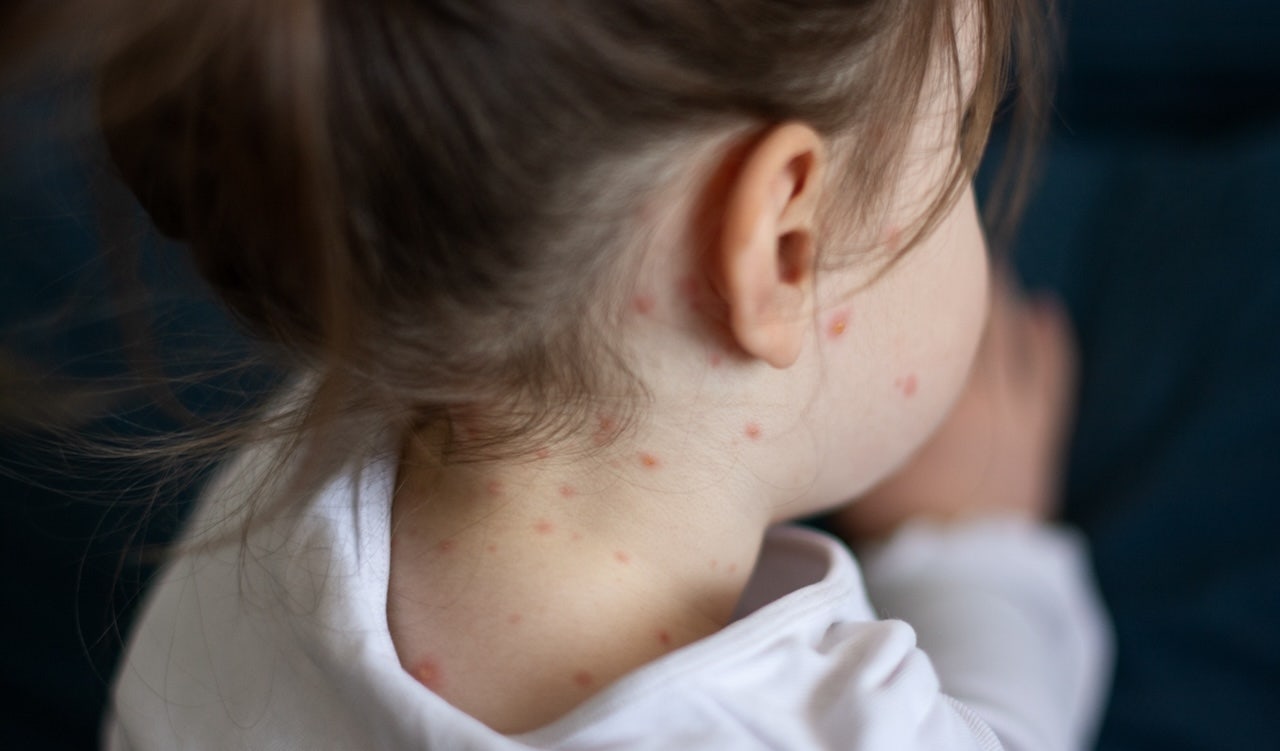Measles Outbreak: Understanding the Alarming Spread Post-Tragic Death
In recent weeks, a tragic incident involving the death of a child has sparked an alarming surge in measles cases across several states in the U.S. This outbreak serves as a poignant reminder of the importance of vaccinations and public health awareness. As health officials scramble to contain the spread of this highly contagious virus, the need for immediate action and education on the significance of measles vaccination has never been more pressing.
The Context of the Outbreak
Measles, a viral infection characterized by high fever, cough, and a distinctive rash, is not just a childhood disease. It poses serious health risks, including pneumonia, encephalitis, and even death. The Centers for Disease Control and Prevention (CDC) reports that measles is among the most contagious viruses known, with a transmission rate of 90% among unvaccinated individuals who are exposed to the virus.
The recent outbreak has been particularly troubling following the unfortunate death of a child, which has reignited public fear and concern over measles. Health experts are emphasizing the gravity of this situation, as the child’s death has served as a rallying cry for advocates of vaccination.
The Role of Vaccination in Preventing Measles Outbreaks
Vaccination is the most effective weapon against measles. The measles, mumps, and rubella (MMR) vaccine has been shown to be about 97% effective at preventing measles after two doses. Unfortunately, vaccination rates have seen a decline in some areas, primarily due to misinformation and vaccine hesitancy. This has created pockets of unvaccinated individuals, making it easier for outbreaks to occur.
- Herd Immunity: When a high percentage of the population is vaccinated, herd immunity is achieved, protecting those who cannot be vaccinated, such as infants and individuals with certain health conditions.
- Community Impact: Low vaccination rates lead to outbreaks that can strain healthcare systems and lead to unnecessary suffering and loss of life.
- Historical Context: Before the introduction of the MMR vaccine, measles was a common childhood illness, leading to approximately 2.6 million deaths annually worldwide.
Current Situation: Case Numbers and Trends
As of the latest reports, health departments in several states are reporting a significant increase in measles cases. The CDC has indicated that the number of cases has more than doubled compared to the same period last year. This spike is attributed to both the recent tragic death and the rising number of unvaccinated children and adults.
The distribution of these cases highlights areas where vaccination rates are low. States with historically lower MMR vaccination coverage are seeing the most significant increases in measles cases. Public health officials are launching campaigns to encourage vaccinations in these high-risk areas.
Public Health Response: Urgency in Action
In response to the outbreak, local and state health departments are taking proactive measures. These include:
- Vaccination Clinics: Setting up free or low-cost vaccination clinics to increase access to the MMR vaccine.
- Educational Outreach: Engaging communities through educational programs to dispel myths about vaccines and emphasize their safety and efficacy.
- Monitoring and Reporting: Enhanced surveillance of measles cases to track the outbreak and implement targeted interventions.
Health officials urge individuals, especially parents, to ensure that their children are fully vaccinated according to the recommended schedule. The MMR vaccine is typically given in two doses, the first between 12-15 months and the second between 4-6 years of age.
The Importance of Awareness and Education
Raising awareness about the importance of vaccination is crucial in combating the ongoing measles outbreak. Misinformation about vaccines can spread quickly, often fueled by social media and anecdotal stories. Public health campaigns must focus on providing clear, factual information about the risks of measles and the benefits of vaccination.
It’s essential to communicate the following points:
- Measles is Serious: The disease can lead to severe complications, especially in young children.
- Vaccines are Safe: The MMR vaccine has been extensively studied and monitored for safety.
- Protecting Others: Vaccination helps protect not just the vaccinated individual but the entire community.
Looking Forward: The Path to Control
While the current measles outbreak poses a significant public health challenge, there is hope. With concerted efforts from health officials, communities, and individuals, the spread of measles can be contained. Increasing vaccination rates is paramount, alongside efforts to educate the public about the importance of immunization.
Additionally, the tragic death that has catalyzed this outbreak can serve as a turning point. It highlights the urgent need for improved public health strategies and community engagement to combat vaccine hesitancy. As health professionals work tirelessly to manage the outbreak, it is essential for individuals to take responsibility for their health and the health of those around them by staying informed and vaccinated.
Conclusion: A Call to Action
The measles outbreak following the tragic death of a child underscores the critical importance of vaccination in protecting public health. It is a stark reminder that complacency regarding vaccines can have devastating consequences. As we move forward, it is vital for communities to come together, support vaccination efforts, and foster a culture of safety and awareness. By doing so, we can protect our children and ensure that measles becomes a disease of the past.
See more WebMD Network



